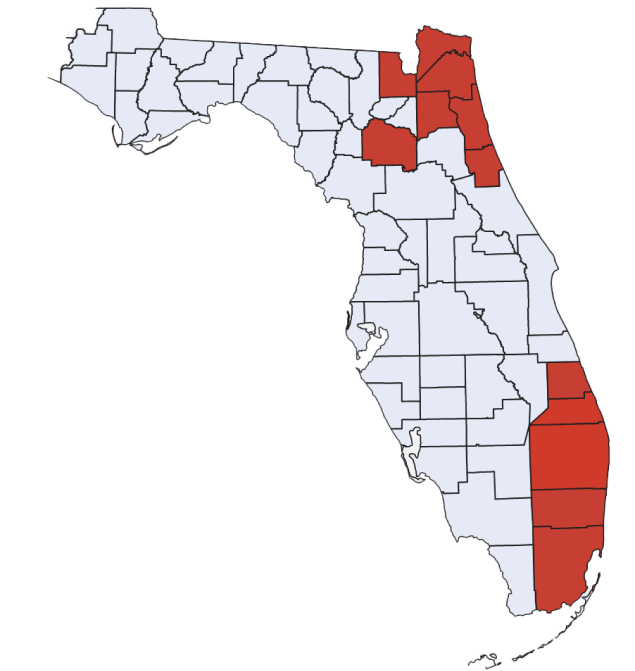With the New Year, we each take pause to consider the year that has ended and the year that has just arrived. For homeowners, this is a chance to take better care of your heating and cooling systems, which are some of your home’s biggest energy drains. By maintaining your HVAC system, you will gain increased home comfort, better indoor air quality, and energy and cost savings. So, in the name of change and the new year, here are 20 simple, key tips for better home maintenance in 2014.
Tidy Up
- Get rid of any dirt, leaves, or grass clippings that have accumulated around your outdoor heating and cooling units since you last cleaned around them. Remove any obstructions that could prevent the flow of air around them and in your systems.
- Clean up any control cabinets. Getting rid of any spider webs, bugs, water, or even snakes who might have made the cabinet their home will protect your electronics.
Clean & Maintain
- First, make a schedule for checking and replacing your filters, usually every 2 to 3 months. This will vary among different filter types, but regularly changing your filters will maintain the system and ensure optimal performance.
- Check the blower assembly, cleaning throughout the housing, wheel, and motor.
- Inspect your heat exchanger or other heating elements for any potential damages that may have occurred while heating your home.
- At the same time, be sure to clean and adjust the burner assembly, the ignition system, and related safety controls.
- Clean outdoor and indoor coils semi-annually in order to prevent any dirt, pollen, or dust buildup preventing heat transfer, as it will insulate and so prevent the flow of air in your heating and cooling systems.
- Carefully check on your drain pan lines, and clean any dirt that may have accumulated on them.
- Add some grease to bearings and motors every three months or so to help lubricate them and avoid building up friction between their moving parts, something that can cause your system to overheat and fail.
Inspect & Replace
- Once the cleaning has been done, take a close look at your control box and any writing, connections, or controls. Repair as needed.
- Inspect your home’s flue system, if you have one, ensuring that it is properly attached to the furnace. Fix any problems, and keep an eye out for any sections that have become dislocated from the rest of the system, which may need to be replaced.
- For older heating and cooling units, check the motor and fan belts, lubricating the former and replacing the latter if there are any signs of wear.
- Carefully inspect electrical and mechanical connections, especially screws and other connections that can loosen due both to mechanical stress and regular operation. These are important to catch, as loose connections can short out and lead to fires.
- Pay attention to your refrigerant levels, checking them with a pressure gauge manifold, in order to make sure the system is operating normally and efficiently. It is important to have refrigerant oil tested annually to ensure that the bearings are not wearing out, so be sure to send a sample to be tested for a variety of things, including acidity, foreign deposits, and moisture content.
Seal Leaks
- Look for any leaky, damaged, or un-insulated ductwork. Repair accordingly, specifically using duct tape or spray foam insulation for those leaky ducts.
- For gas-fueled furnaces, inspect them carefully for any potential leaks that could be costing you efficiency, energy, and safety.
- Lastly, for leaks, make an appointment each year to have your HVAC system inspected with an electronic leak detector.
Add-Ons
- Purchase a programmable thermostat for your home, which will save energy and money by giving you greater control over your home’s temperature. Installation is relatively easy and simple, as the wiring is the same as for regular thermostats.
- Make regular appointments with your HVAC contractor to have a professional technician come out inspect and do some additional cleaning. An ideal schedule would be a spring inspection and cleaning of your air conditioning system and a fall appointment for a closer check-up on your heating and overall home comfort systems.
- Lastly, if at any point, you feel like these tips are too advanced, or you simply do not feel comfortable doing them yourself, call in a reputable HVAC professional.
Tags:
Tips,
heating system,
HVAC,
routine maintenance


